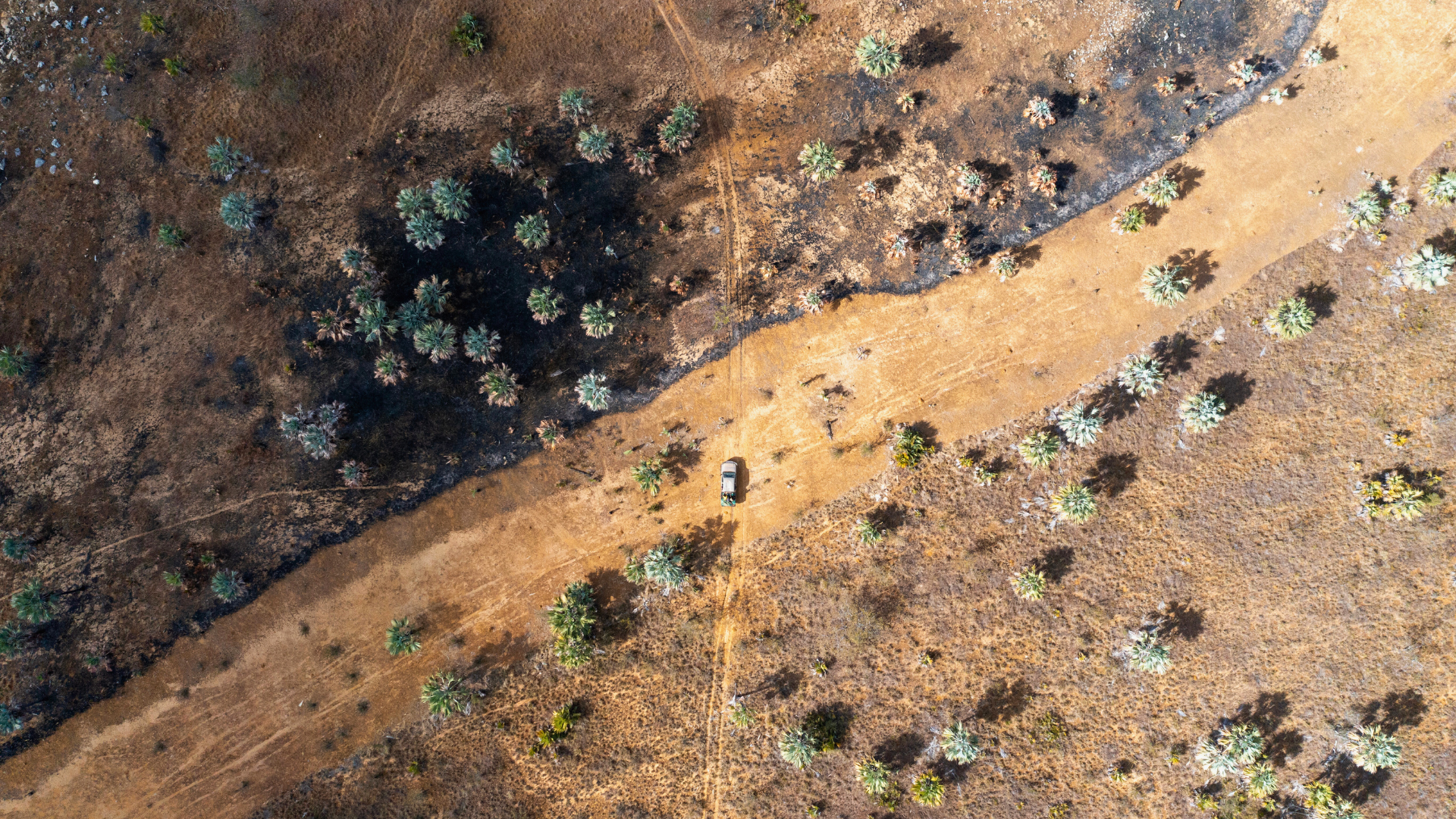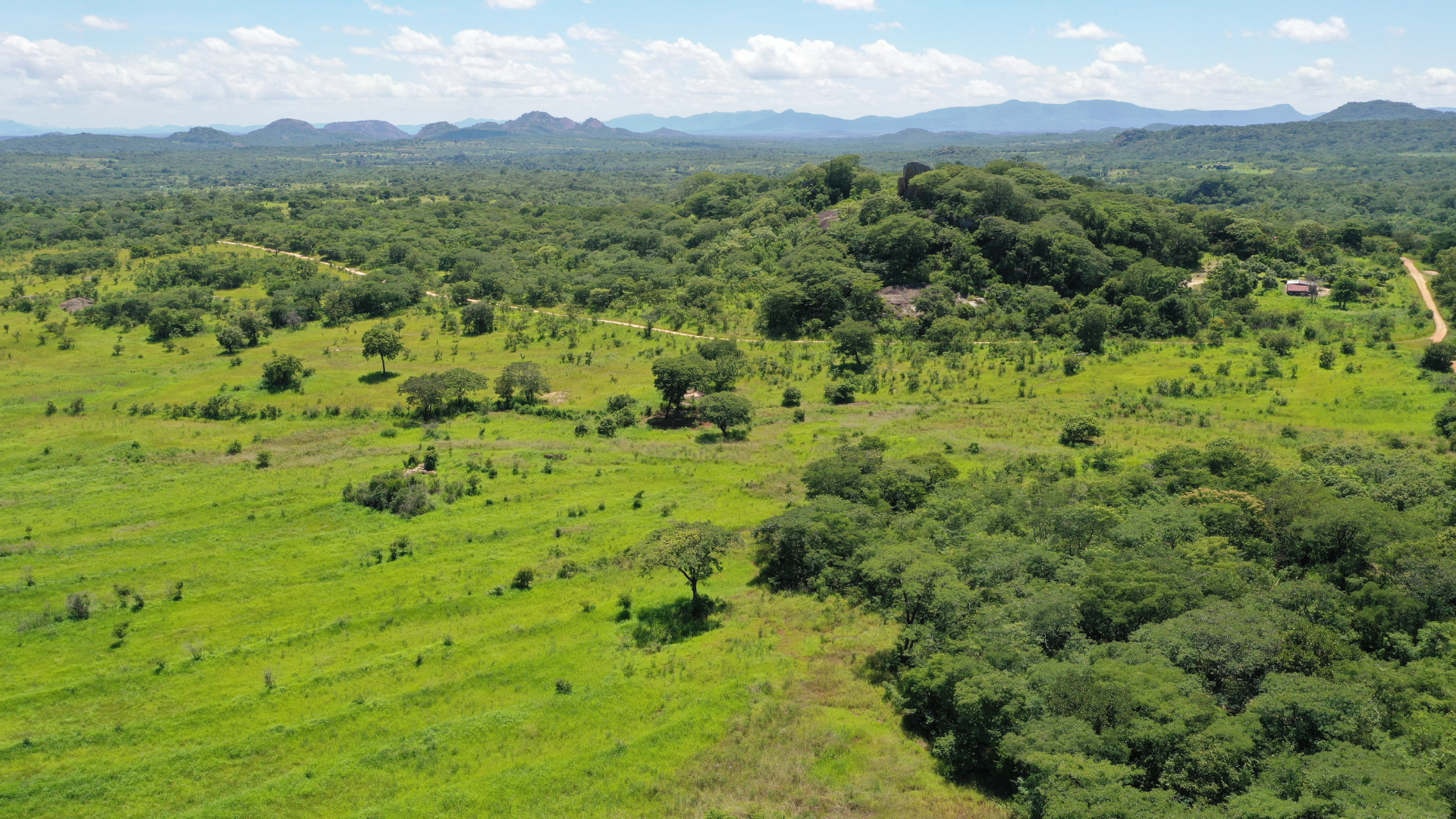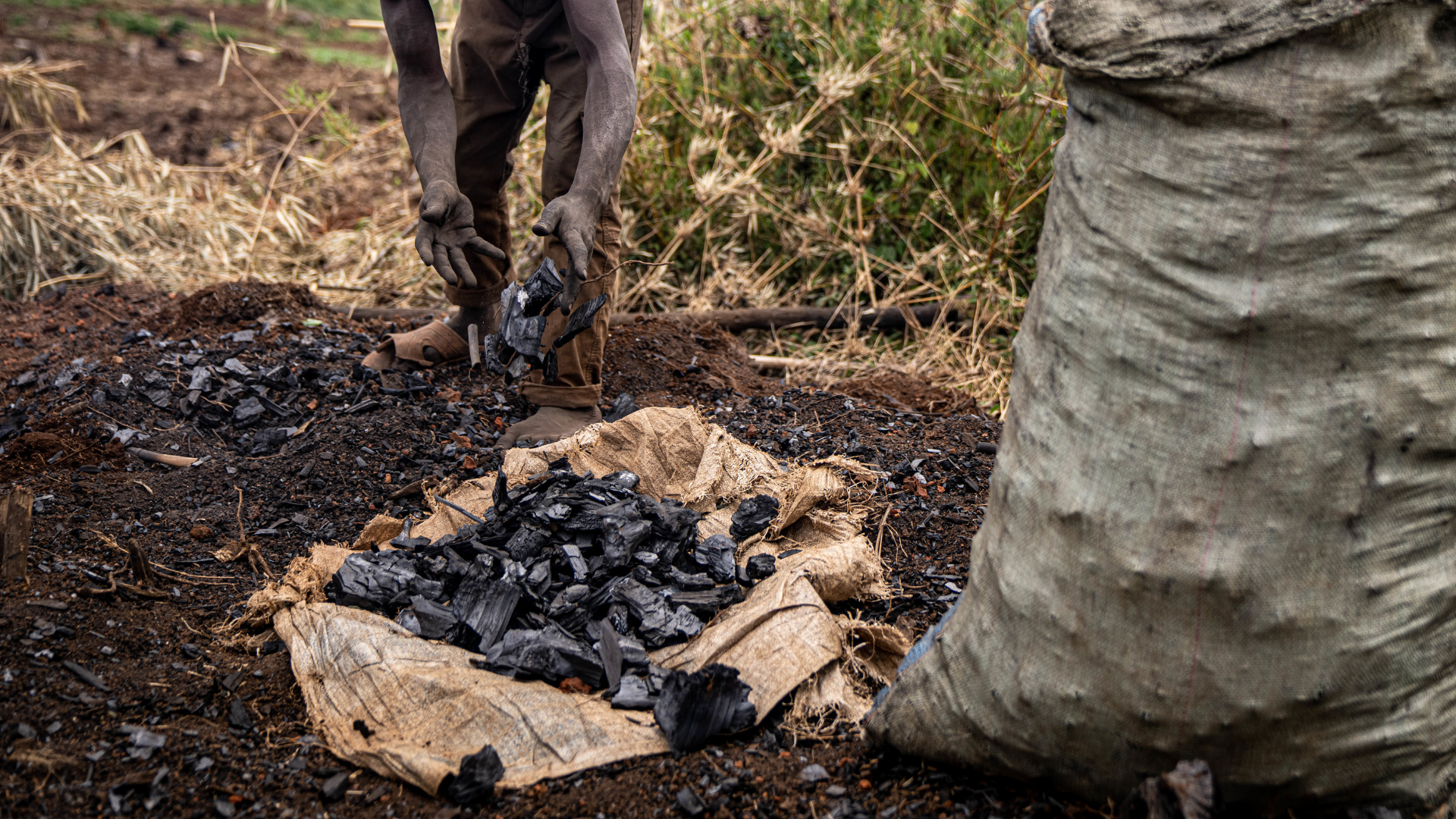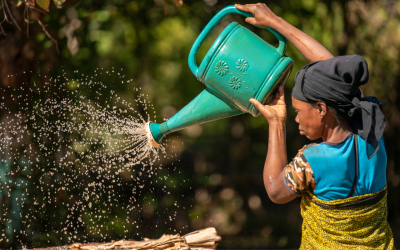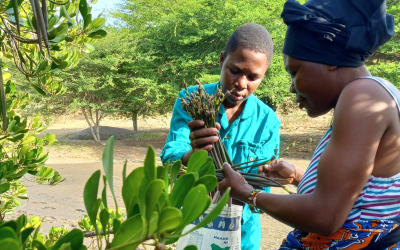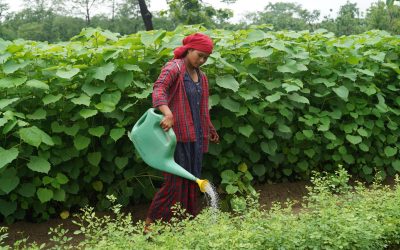As climate change intensifies, wildfires are becoming a significant threat to African ecosystems and communities. The frequency and intensity of these fires are expected to rise, driven by both environmental changes and unsustainable activities. While fire has long been a natural part of many African landscapes, its impact depends heavily on timing, intensity, and frequency.
Our Strategic Response to Regional Wildfire Drivers in Africa
Recognizing that a one-size-fits-all approach will not meet each region’s long-term landscape restoration needs, Eden tailors its wildfire prevention strategies to address the unique factors influencing wildfires in each area. Our approach considers each region’s ecological, social, and economic aspects. Focusing on community engagement, integrating sustainable land management, and restoring fire-affected landscapes helps ensure that our efforts mitigate immediate threats and build long-term resilience and recovery.
By understanding these regional differences, we develop effective, holistic restoration responses that meet the needs of local communities and the land upon which they depend. Some of our current initiatives include:
Mozambique
In Chimanimani, Mozambique, fire plays a natural role in the ecosystem, especially in the lower elevation areas where many species have adapted to withstand periodic, low-intensity fires. However, issues arise when these fires occur late in the dry season. During this time, trees start growing new leaves in anticipation of the rainy season, and intense fires can severely damage this fresh growth, stunting tree development. These fires are often triggered by slash-and-burn agriculture, uncontrolled burning, and illegal charcoal production. When they occur at the wrong time of year, they can lead to deforestation and landscape degradation.
In contrast, the higher elevations of Chimanimani, within the Afromontane forest zone, do not naturally experience fire as part of the forest disturbance regime. In these high-altitude forests, fire is catastrophic and can cause significant harm to the ecosystem.
To combat and mitigate the impact of Mozambique’s wildfires, we plant fire-adapted species and create firebreaks to protect vulnerable areas. We also conduct regular patrols, manage vegetation in high-risk areas, and provide local communities with information to strengthen regional fire safety. Additionally, we plan to construct watchtowers and work with communities on early alert systems to enhance fire monitoring and detection.
[Call to Action was present in original content]
Kenya
In Kenya, particularly in Afromontane forest areas, fires are becoming increasingly frequent. This is a significant issue because these ecosystems are neither adapted to nor resilient against fires. Accidental fires often start due to illicit activities like charcoal production, where improperly managed kilns can re-ignite. Additionally, deforested Afromontane forests are frequently converted into grasslands for grazing, where fires are ignited to promote new grass growth. These fires can destroy the remaining seedbank in the soil, hindering natural regeneration and further degrading the landscape.
To protect Kenya’s vulnerable Afromontane areas, our team establishes firebreaks, conducts regular patrols, and forms fire response teams with community members and forest scouts. We collaborate closely with the Kenya Forest Service to supervise activities in vulnerable areas and raise awareness about the dangers of uncontrolled burning. Our efforts focus on preventing fires that could destroy the remaining seedbank and hinder regeneration.
Ambitions for the Future
Eden is committed to expanding our wildfire management efforts across Africa. Our future goals include increasing reforestation and landscape restoration projects, deepening community engagement, and enhancing fire management infrastructure. We aim to build more comprehensive early warning systems, plant additional fire-resistant tree species, and extend our work to new regions, ensuring the protection of Africa’s ecosystems and the communities that depend on them.
Join Us
Join us in our mission to restore Africa’s precious ecosystems. Together, we can achieve our goal of creating sustainable landscapes that support both people and the planet. Your support is crucial—every contribution brings us closer to a sustainable, thriving future.
